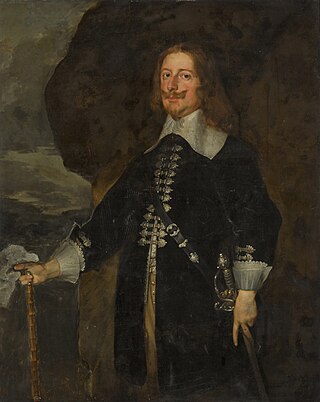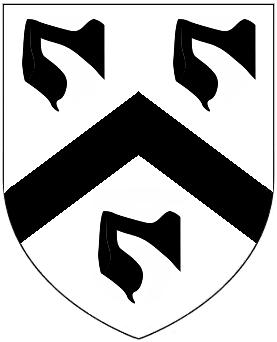Related Research Articles

Colonel Philip Jones was a Welsh military leader and politician who sat in the House of Commons between 1650 and 1656. He rose to the rank of Colonel in the service of the Parliamentary Army under Fairfax during the English Civil War. As Governor of Swansea he successfully held the town against the Royalist forces.
Richard Salwey was an English politician who sat in the House of Commons variously between 1645 and 1659. He was a republican in politics and fought on the Parliamentary side in the English Civil War.

George Fleetwood (1623–1672) was an English major-general and one of the regicides of King Charles I of England.
John Clarke, also known as John Clark, John Clerk, and John Clerke, was an English politician and Justice of the Peace who sat in the House of Commons from 1653 through 1660, and was a colonel in the Parliamentary army between 1651 and 1659.

Sir Thomas Whitmore, 1st Baronet was an English politician who sat in the House of Commons of England between 1640 and 1644. He supported the Royalist side in the English Civil War.
Thomas Pury was an English politician who sat in the House of Commons variously between 1640 and 1659. He fought on the Parliamentarian side in the English Civil War.

Bussy Mansell was a Welsh politician who sat in the House of Commons at various times between 1653 and 1699. He was a zealous Parliamentarian during the English Civil War.
John Williams was a Welsh politician who sat in the House of Commons in 1653.
Richard Price was a Welsh politician who sat in the House of Commons in 1653. He fought in the Parliamentary army in the English Civil War.
Hugh Courtenay was a Welsh politician who sat in the House of Commons in 1653. He was an active parliamentary officer in the English Civil War.

Sir John Carter was an English soldier, politician and administrator from Buckinghamshire, who served in the Parliamentarian army during the Wars of the Three Kingdoms. He settled in Denbighshire and was a Member of Parliament at various times between 1654 and 1660.
Thomas Hughes was a Welsh politician who sat in the House of Commons in 1654 and 1659.
Thomas Madryn was a Welsh politician who sat in the House of Commons in 1654. He fought in the Parliamentary army in the English Civil War.
Andrew Ellice was a Welsh army officer and politician who sat in the House of Commons in 1654. He served in the Parliamentary army.
John James was an English politician who sat in the House of Commons in 1653. He served in the Parliamentary army in the English Civil War.

Robert Brewster (1599–1663) was an English landowner of Parliamentarian sympathies who sat in the House of Commons at various times between 1645 and 1659.
Thomas Mackworth (1627–1696) of Betton Strange was an English politician of Shropshire landed gentry background. After limited military service on the Parliamentarian side in the Third English Civil War, he represented Shropshire in the House of Commons from 1656 to 1659 during the Second and Third Protectorate Parliaments.
Humphrey Mackworth was an English lawyer, judge, and politician of Shropshire landed gentry origins who rose to prominence in the Midlands, the Welsh Marches and Wales during the English Civil War. He was the Parliamentarian military governor of Shrewsbury in the later phases of the war and under The Protectorate. He occupied several important legal and judicial posts in Chester and North Wales, presiding over the major trials that followed the Charles Stuart's invasion in 1651. In the last year of his life, he attained national prominence as a member of Oliver Cromwell's Council and as a Member of the House of Commons for Shropshire in the First Protectorate Parliament.
Nathaniel Whetham was an English baker and politician who sat in the House of Commons between 1654 and 1659. He fought in the Parliamentary army in the English Civil War.